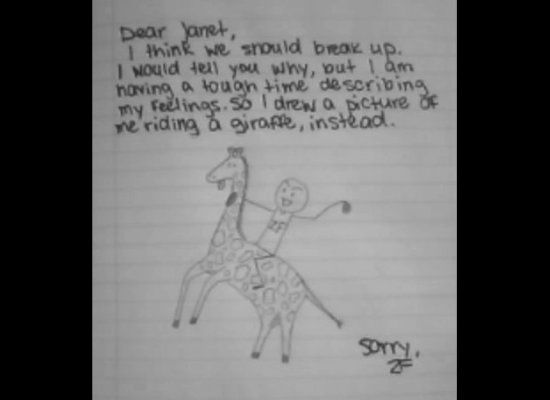There is a lot of talk on the interwebs about conservative epistemic closure (see here, here, here , here, here and here), some riveting stuff and interesting to watch the debate.
Marc Ambinder at the Atlantic encapsulated some of the things I have been thinking about over the last couple of years about the conservative/republican movement.
Can anyone deny that the most trenchant and effective criticism of President Obama today comes not from the right but from the left? Rachel Maddow's grilling of administration economic officials. Keith Olbermann's hectoring of Democratic leaders on the public option. Glenn Greenwald's criticisms of Elena Kagan. Ezra Klein and Jonathan Cohn's keepin'-them-honest perspectives on health care. The civil libertarian left on detainees and Gitmo. The Huffington Post on derivatives.
I want to find Republicans to take seriously, but it is hard. Not because they don't exist -- serious Republicans -- but because, as Sanchez and others seem to recognize, they are marginalized, even self-marginalizing, and the base itself seems to have developed a notion that bromides are equivalent to policy-thinking, and that therapy is a substitute for thinking.
It is absolutely a condition of the age of the triumph of conservative personality politics, where entertainers shouting slogans are taken seriously as political actors, and where the incentive structures exist to stomp on dissent and nuance, causing experimental voices to retrench and allowing a lot of people to pretend that the world around them is not changing. The obsession with ACORN, Climategate, death panels, the militarization of rhetoric, Saul Alinsky, Chicago-style politics, that TAXPAYERS will fund the bailout of banks -- these aren't meaningful or interesting or even relevant things to focus on. (The banks will fund their own bailouts.)
The elevation of bromides and slogans over actual policy is the most disappointing aspect. I have said it before, and I will say it again, I want there to be a sane conservative party. I think it is necessary to avoid this sort of insular group think that we are seeing the Right exhibit.
So I am even more dismayed when I see stuff like this:
In a study evaluating the program's effectiveness, Opower researchers compared power use before and after the HER reports began arriving, and further compared this change with a group of control households that never received the reports. On average, the HER households reduced their consumption in the months that followed by a little less than 2 percent. Not bad, but probably not enough to save the planet.
Working with the same utility as Opower, Costa and Kahn matched up information on the households in the pilot study to data on political affiliations and a database of past charitable giving to environmental organizations. The economists found that the 2 percent average decline in energy use obscured significant differences in the responsiveness of different types of households to the conservation message. Registered Democrats who give to environmental organizations and live near other liberals reduced their consumption by 3 percent. For liberals who started out as heavier-than-average consumers, the reduction was almost 6 percent. Republicans who live in conservative neighborhoods (and hence had no neighborly pressure to conserve) and had no record of giving to environmental organizations actually increased their consumption by 1 percent.
Why would some energy-conscious Republicans all of a sudden become power hogs? One explanation is that many conservatives don't believe that burning energy harms the planet, so when they learn that they're better than average, they become less vigilant about turning the lights off. That is, they're simply moving closer to what they now know is the norm (what psychologists call the boomerang effect). Costa and Kahn also look for guidance from the patron saint of right-wing fundamentalists, Rush Limbaugh, who encouraged his listeners to turn on all their lights during Earth Hour. Costa and Kahn suggest that ardently right-wing electricity customers might respond to paternalistic nudges by burning more energy, just to thumb their noses at Big Brother.
So if you wonder why it is I get angry watching the news, this would be why. When I see Republicans espouse blatant falsehoods and anchors let that pass I get more and more infuriated.
-Cheers







